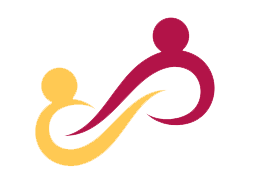The study will explore the needs and aspirations of low-income urban communities.




The WASH Institute wants to commission a study to develop a deeper understanding of the needs, aspirations and priorities of urban communities living in the low-income settlements/ neighborhoods of selected cities in the state of Maharashtra. The Institute believes that community engagement is critical in Water, Sanitation & Hygiene (WSH) ecosystem for its planning and sustainability. In addition to WSH services, the community also needs other opportunities and services for ‘ease of living’. Participation of community in defining and articulating these needs and aspirations are the building blocks for robust citizen engagement. A top-down, expert driven approach to appraisal, planning and management often limits ownership, accountability, and sustainability of development programs, whereas a participatory approach can overcome those limitations.
PRIA has been invited by the WASH Institute to submit a proposal to undertake a participatory research study involving the community and key stakeholders in select cities of Maharashtra. This will be a joint initiative of the Bill and Melinda Gates Foundation (BMGF), Center for Water and Sanitation (C-WAS) based at CEPT Research & Development Foundation (CRDF), CEPT University, Ahmedabad, and WASH Institute as the host institution.
The proposed study will explore the needs and aspirations of low-income urban communities in an open-ended manner. While the WASH Institute initially prioritized WSH as one of the main sectors around which the community needs would be identified, it also recognized other needs and aspirations of the household members. Thus, the study will encourage the community members to articulate and share their needs, aspirations, and the associated institutions as they prioritize. However, to organize the findings from mapping of community aspirations and the institutions they might associate or relate to, we propose a few sectors as indicative categories. These indicative sectors will be explored in a disaggregated way keeping in mind the differential needs and aspirations that might exist for adolescents, youths, adults, elderly people across gender, caste/ethnicity, and religion.
Activities –
Funder: Water Sanitation and Hygiene Institute